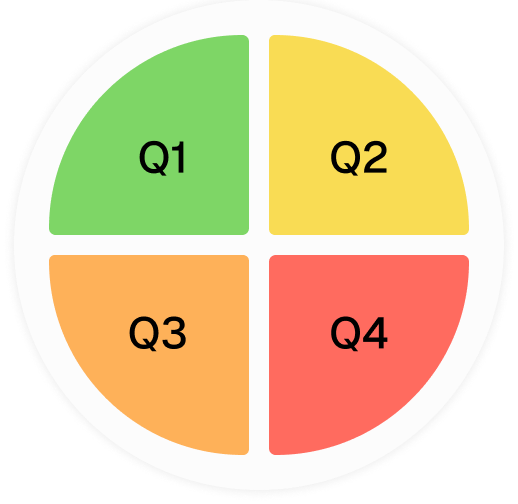Writing scientific articles for Scopus journals
What is the purpose of a Scopus article?
01.
Closing reports and receiving a bonus at the university.
02.
Extension or conclusion of a contract at a university.
03.
Participation in various international programs in your scientific field.
04.
Formation of a list of mandatory publications in the defense of candidate and doctoral dissertations.
05.
Enhancing a scientist's authority. Articles in Scopus enhance a scientist's status, as this database is considered one of the largest and most authoritative bibliographic platforms.
Some facts about Scopus
- The Scopus system was launched in 2004. Its permanent owner is Elsevier.
- The database was created as an alternative to Web of Science.
- In total, the Scopus database contains 18,000 publications, including those in technical disciplines, medical sciences, and the humanities.
- Not only scientific journals are indexed, but also published conference proceedings and serial publications.
- Scopus divides journals into quartiles. There are four quartiles in total.
Q1
Q1 is the highest indicator and includes the most authoritative foreign journals;
Q2
Q2 – this also includes elite publications and authoritative magazines, but they do not reach the same importance as Q1;
Q3
Q3 is the golden mean, which includes well-known magazines;
Q4
Q4 is the lowest quartile, but it also gives a scientist a chance to make a name for themselves in the authoritative scientific publication Scopus.
Scopus Journal Percentiles
The term "percentile" refers to a measure in which the percentage of total values is equal to or less than a given measure. For example, 90 percent of data values are below the 90th percentile. Or 10 percent of data values are below the 10th percentile. Quartiles are values that divide a data table into four parts. This is a general notation for these concepts. Now let's consider how it applies to the Scopus database.

1st quartile
99-75 percentiles
2nd quartile
74-50 percentiles
3rd quartile
49-25 percentiles
IV quartile
24-1 percentile
What do you get when you order a scientific article from Scopus?

Selecting a relevant topic (if necessary)

Writing a research article on your topic

Coordination of the article content, making all necessary adjustments

Academic translation and proofreading by a professional philologist

A detailed analysis of the requirements of the publication for which the article is being prepared

Checking your article with the world's leading anti-plagiarism system, Turnitin
In what areas do we write scientific articles?
Economy
Computer technology
Technology in education
Linguistics
Pedagogy
Political science
Finance and banking
Legal sciences
Social Sciences
Engineering
Medicine
Higher education
Literature
Banking
Management
Biomedical engineering

Why should you order an article for Scopus?
1. Saving time. You provide us with all the necessary information – we will write the article in accordance with all the journal’s requirements.
2. Saving money. You can include up to 5 co-authors on your article, which will help reduce the financial burden on all authors.
Stages of work
01.
Application form
02.
Execution of the contract and advance payment
03.
Analyzing the journal and selecting an author for your work
04.
Working on a scientific article
05.
Editing an article according to the journal's requirements
06.
Academic translation and proofreading by a philologist
07.
Coordination of the article with the customer
08.
Acceptance of the article by the customer
09.
Surcharge 50%


